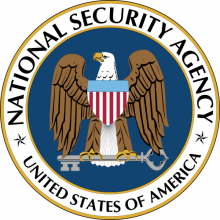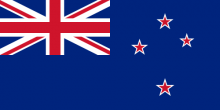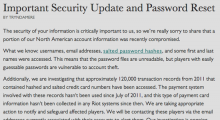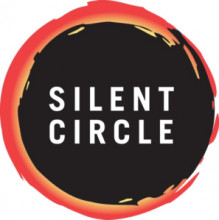New report: NSA tapped into UN video conferences
New revelations about US spying continue to be released "in dribs and drabs," as President Obama recently complained.
Today's information comes courtesy of Der Spiegel, the Germany weekly magazine. While political discussion in the US has focused on the National Security Agency's deviations from its promise to not gather data on Americans, the international press continues to highlight examples of NSA spying that are perfectly legal, but may well stoke public outrage in other nations.












































































